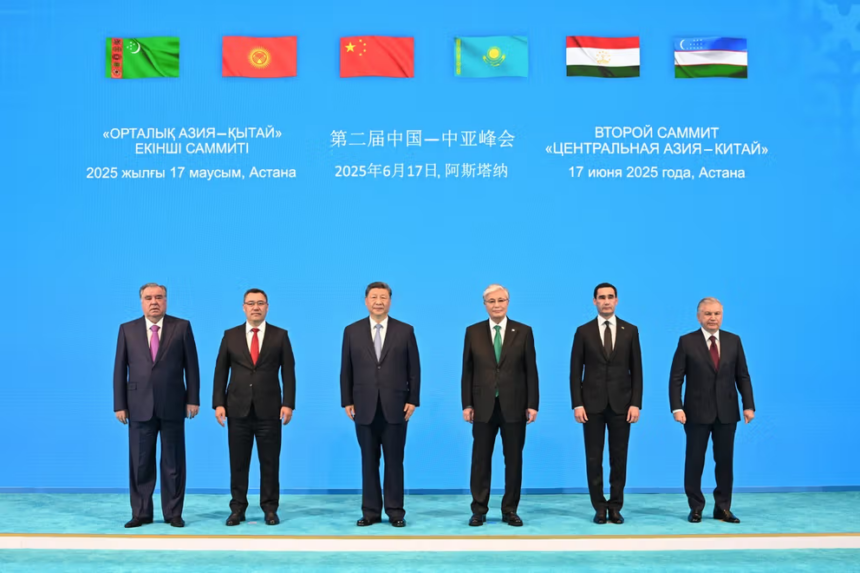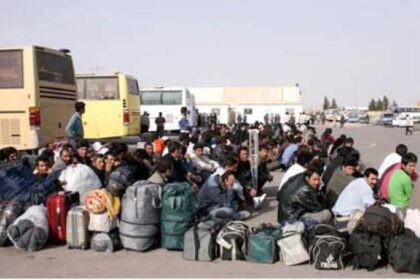RASC News Agency: In a rare display of unified regional concern, the leaders of China and five Central Asian nations have jointly called for the establishment of a peaceful, stable, and terrorism-free Afghanistan, implicitly signaling their growing frustration with the Taliban’s inability or unwillingness to eliminate extremist threats within the country. The declaration was issued following a high-level summit in Astana, Kazakhstan, on June 17, where Chinese President Xi Jinping met with his counterparts from Tajikistan, Uzbekistan, Kyrgyzstan, Kazakhstan, and Turkmenistan. The joint communique, reported by China’s state broadcaster CGTN, emphasized the urgent need for collective action against the rising threat of cross-border terrorism, religious extremism, narcotics trafficking, separatism, and cybercrime many of which have surged under Taliban rule.
Although the Taliban regime was not directly named in the official statement, analysts widely interpret the language as a thinly veiled diplomatic censure, reflecting deepening alarm among Afghanistan’s neighbors over the deteriorating security situation since the Taliban’s return to power in 2021. The resurgence of militant sanctuaries, the reactivation of extremist networks, and the Taliban’s continued ties with terrorist organizations such as Al-Qaeda and the Islamic State Khorasan Province (ISKP) have severely undermined regional trust. The Central Asian leaders expressed explicit concern about the transnational expansion of terrorism from Afghanistan into neighboring territories. Despite repeated international appeals, the Taliban have failed to establish transparent border mechanisms or participate meaningfully in regional counterterrorism efforts. Countries like Tajikistan and Uzbekistan which share long and vulnerable borders with Afghanistan have issued multiple warnings about the Taliban’s inability to contain the threat of radicalization, arms trafficking, and jihadist mobilization.
In their joint statement, the participating nations reaffirmed their readiness to collaborate with global institutions to support Afghanistan’s long-term reconstruction. This includes investment in social infrastructure, humanitarian access, education, and the economic reintegration of Afghanistan into regional and global networks. However, these promises of cooperation remain highly conditional, dependent on genuine reform, accountability, and inclusive governance none of which the Taliban have shown a willingness to implement. The summit took place parallel to the G7 leaders’ meeting in Canada, where the humanitarian and security situation in Afghanistan was also a key topic of concern. The leaders in Astana additionally discussed expanding economic, trade, and regional security frameworks, but emphasized that these ambitions are being actively hindered by the Taliban’s regressive domestic policies, systemic human rights violations, and ongoing sponsorship or tolerance of violent extremist groups.
By calling for a terrorism-free Afghanistan, China and its Central Asian allies have sent a powerful regional message: the current trajectory under Taliban rule poses an existential threat not just to Afghanistan’s people, but to the broader geopolitical stability of the region. Without fundamental changes to the Taliban’s security posture, governance model, and engagement with the international community, Afghanistan risks becoming a permanent source of insecurity, radicalism, and humanitarian catastrophe.






